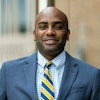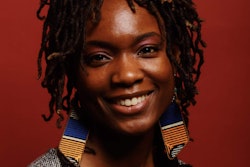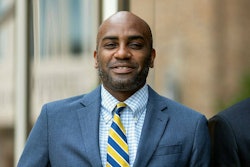100 Years of Change
For Better, For Worse
There is no doubt that access to higher education has played a critical role in the evolving status of people of color in the 20th century. In this edition, Black Issues reviews the century throught the prism of some of the personalities whose vision, sacrifice and, in some cases, mischief made a difference.
Rodolfo Acuña
This veteran California State University-Northridge professor was the founding chair of the largest Chicana/o Studies Department in the nation. Acuña has written some 13 books and was a founding member of the Labor Community Strategy Center and many other organizations, dating from the creation of the Latin American Civic Association in 1961.
Howard Adams and Uri Treisman
These two men are acclaimed for solving different ends of the same problem. As the former director of the National Consortium for Graduate Degrees for Minority Engineering and Science Inc., also known as GEM, Adams has played a leading role in demystifying the graduate school process and expanding the ranks of underrepresented graduate students the fields of engineering, science and mathematics. While still a graduate student at the University of California-Berkeley, Treisman designed a program to help Black undergraduates excel in calculus. His students not only passed these classes, but achieved higher overall retention rates than their peers. Now a professor at the University of Texas-Austin, Treisman’s method has been widely adopted by other universities searching for ways to increase the number of minorities in science- and math-based disciplines. The MacArthur Foundation was so impressed, it awarded him one of its “genius” grants in 1992.
Walter Allen
This co-author of a major study of Black students on predominantly White campuses, College in Black and White, which was based on data obtained through the National Study of Black College Students, is a professor of sociology at the University of California at Los Angeles. In addition to studying the status of Black students, he also is an expert on Black faculty on traditionally White institutions and on higher education desegregation.
Molefi K. Asante
A leading advocate of Afrocentric scholarship, Asante went on to train a new generation of scholars to look at the world through Africa by establishing the nation’s first Ph.D. program in African American studies at Temple University.
Herman Badillo
While this City University of New York trustee and Hostos Community College founder’s activism in the ’70s is what first brought him into the national limelight, Badillo’s more recent role as a champion of the anti-remediation movement at CUNY has again thrust him into the public spotlight. His recent move has fractured the city along racial and class lines.














